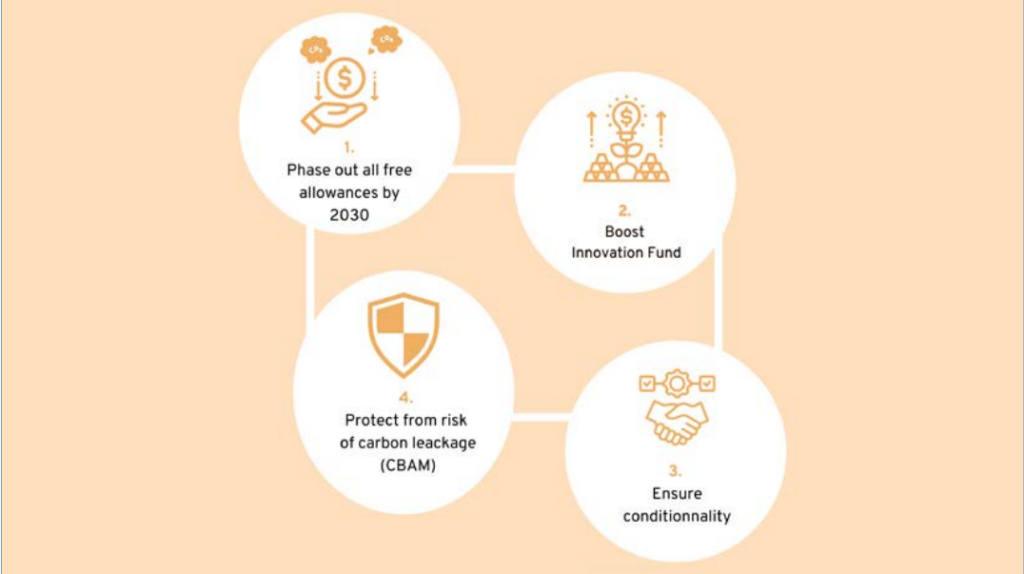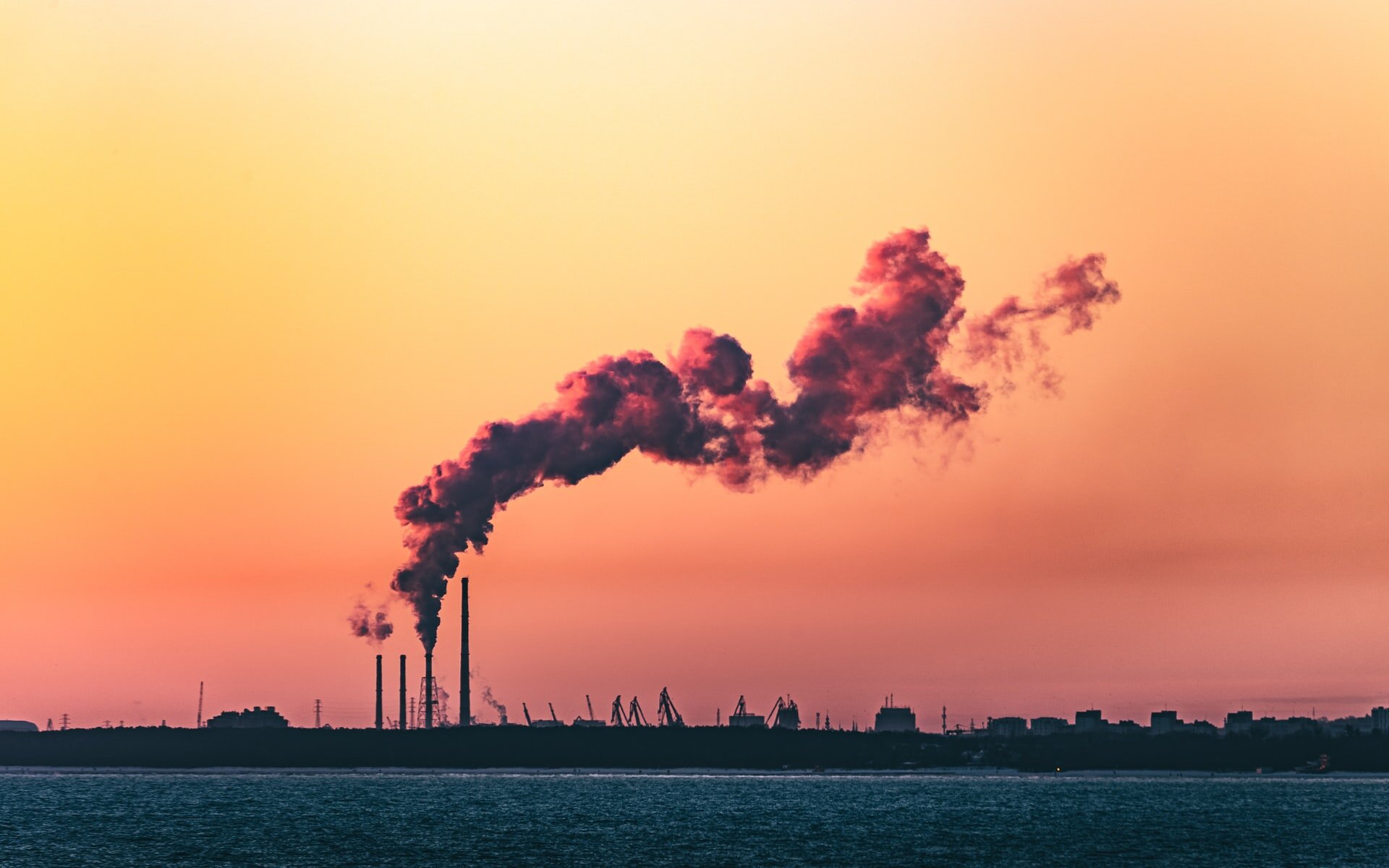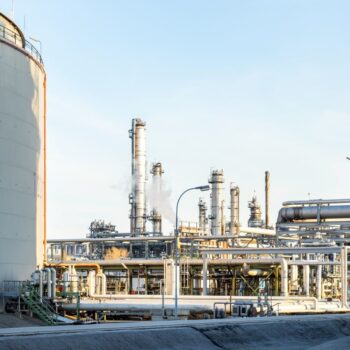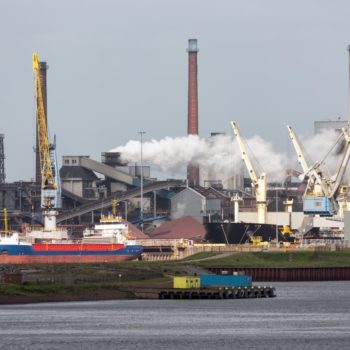This policy briefing focuses on the free allowances in the EU Emissions Trading System given to most energy-intensive industries. It lays out how the system of free allowances has worked so far and offers recommendations for policymakers ahead of the revision of the EU Emissions Trading System.
Since 2005, the European Commission has presented the European Union Emissions Trading System (the EU ETS) as a “cornerstone” of EU climate policy. Pricing emissions can be a powerful climate tool, and the EU ETS has proven effective in reducing the greenhouse gas emissions of the electricity sector. However, it has failed to contribute to the decarbonisation of energy-intensive industries.
Currently, free allowances cover 94 per cent of industrial emissions, muting the carbon price signal and, therefore, the incentive to innovate and invest in cleaner production processes. Ending free allowances in the Emissions Trading System is an opportunity to stop subsidising pollution and instead invest in innovation to decarbonise the EU’s energy-intensive industries.

In a world where national climate neutrality targets cover more than 80% of the global GDP, effectively reforming the EU Emissions Trading System could have a significant impact. But for that, it must align with the EU’s new climate objectives and bring clean industrial technologies from lab to market to secure the competitive sustainability of the European economy.
This policy briefing has been developed by E3G in partnership with Jacques Delors Institute and Europe Jacques Delors.
Read the full briefing on ending free allowances in the EU Emissions Trading System here.


